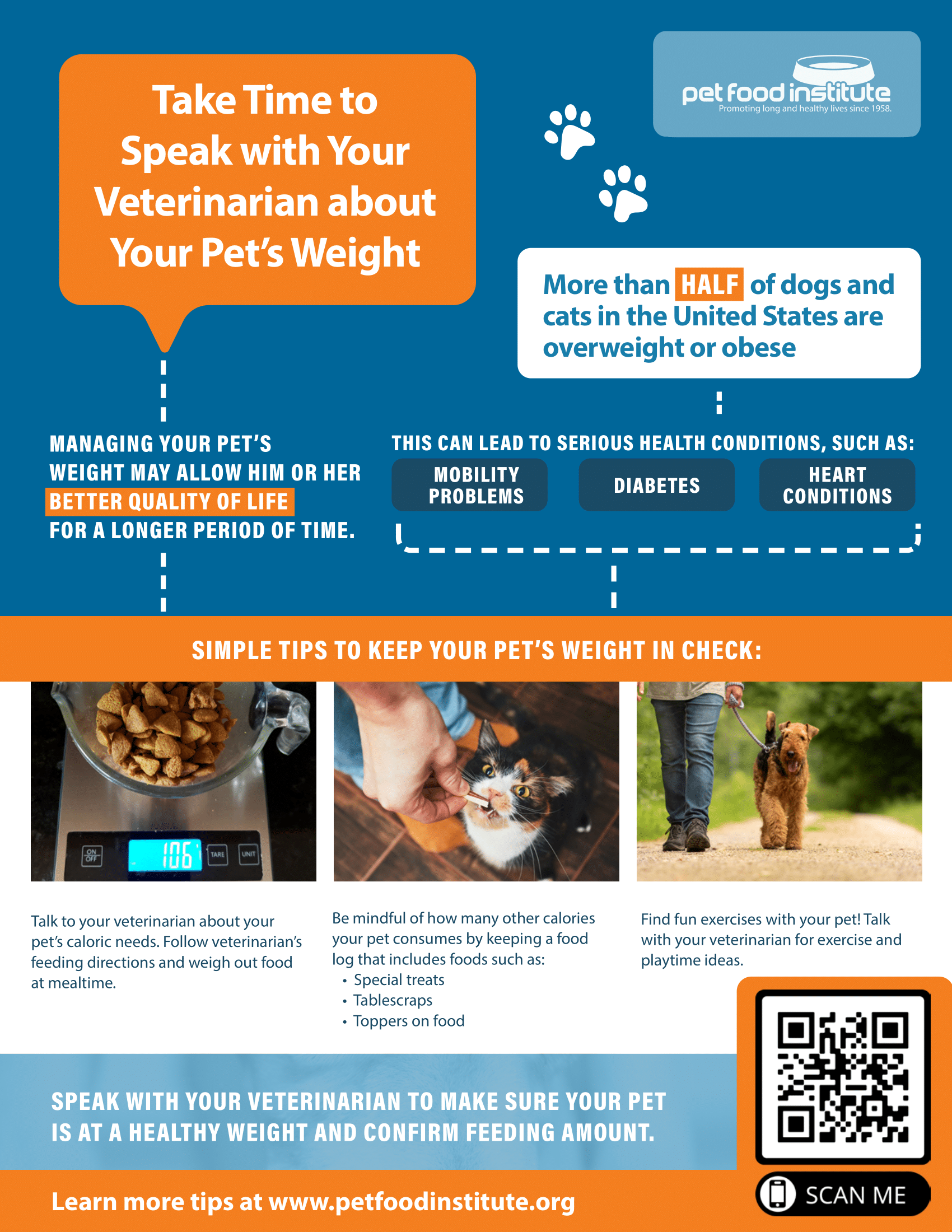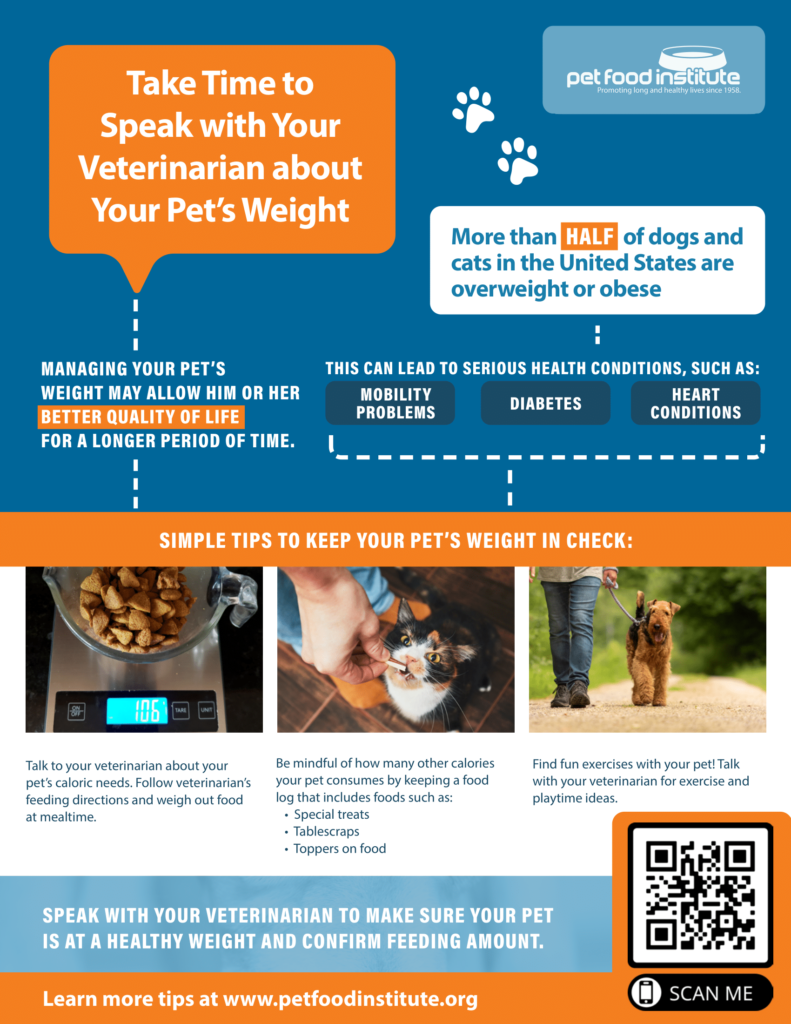Imagine a pet that lives longer and avoids chronic diseases simply because of a nutrient-rich diet. The significance of appropriate nutrition for pets goes beyond mere sustenance—it’s about enhancing their quality of life. Pet owners often overlook this, but expert care can significantly alter this reality.
Historically, pet diets consisted mostly of table scraps, but modern understanding shows balanced food tailored to their needs is crucial. Studies indicate that pets on a nutritious diet experience fewer health issues, showcasing the importance of well-planned meals. Providing a mix of proteins, fats, vitamins, and minerals ensures that pets thrive rather than just survive.

The Significance of a Nutritious Diet for Pets
Your pet’s diet plays a pivotal role in their overall health and happiness. A well-nourished pet is more energetic and has a shinier coat. Providing the right nutrients can significantly improve their quality of life.
Many pet owners may not realize how crucial a balanced diet is for their furry friends. Proper nutrition aids in preventing illnesses such as obesity and diabetes. It also supports their growth and development.
Just like humans, pets need a mix of proteins, fats, carbohydrates, vitamins, and minerals. Each nutrient serves a specific purpose, from providing energy to supporting immune function. A balanced diet helps ensure all these needs are met.
Many commercially available pet foods claim to be nutritious. However, it’s essential to read the labels and understand what you are feeding your pet. Consulting a vet can help you make informed choices.
Decoding Pet Nutrition: Essential Nutrients
Understanding the nutrients vital for your pet’s health is essential. Proper nutrition leads to better health and longevity. A balanced diet includes several key nutrients.
Proteins: Building Blocks of Life
Proteins are crucial for your pet’s growth and repair. They help build strong muscles and tissues. Animal proteins like meat, fish, and eggs are excellent sources.
Proteins also support the production of enzymes and hormones. These are vital for various bodily functions. Ensure your pet’s diet includes a good amount of protein.
An insufficient protein intake can lead to muscle wasting. It can also weaken the immune system. Thus, maintaining adequate protein levels is important.
Fats: Energy Powerhouses
Fats provide the most concentrated source of energy. They help in absorbing vitamins and maintaining cell structure. Common sources include fish oil, chicken fat, and flaxseed.
Healthy fats support brain function and contribute to a shiny coat. They play a vital role in reducing inflammation. Make sure your pet gets healthy fats in their meals.
Overfeeding fats, however, can lead to obesity. It’s crucial to balance fats with other nutrients. A vet can help determine the right amount.
Vitamins and Minerals: Guardians of Health
Vitamins and minerals are essential for various bodily functions. They support immune health and proper growth. A deficiency can lead to serious health issues.
Common vitamins include Vitamin A, D, E, and K, along with B-complex vitamins. Minerals like calcium, potassium, and zinc are equally important. These nutrients often come from a mix of animal and plant-based foods.
Pet foods often list these vitamins and minerals. Choose products that meet your pet’s nutritional needs. A balanced diet is the key to long-term health.
The Art of Creating Balanced Pet Meals
Crafting balanced pet meals is essential for their health. A balanced diet includes proteins, fats, vitamins, and minerals. Each nutrient plays a unique role in maintaining overall well-being.
Proteins are the cornerstone of a balanced meal. They help in muscle growth and repair. Aim to include high-quality protein sources like chicken, fish, or tofu.
Fats are equally important. They provide energy and support brain function. Include healthy fats like fish oil and flaxseed in your pet’s diet.
Vitamins and minerals ensure all bodily functions operate smoothly. You can find these nutrients in fruits, vegetables, and fortified pet foods. A variety of foods can make sure your pet gets everything they need.
Commercial Pet Foods vs Homemade Meals
Choosing between commercial pet foods and homemade meals can be challenging. Both options have their benefits and drawbacks. Understanding these can help you make an informed decision.
Commercial pet foods are convenient and nutritionally balanced. They undergo rigorous testing to ensure they meet dietary standards. However, not all brands are equal.
Some commercial foods contain fillers and artificial additives. These can be harmful to your pet’s health over time. It’s important to read ingredient labels carefully.
Homemade meals give you control over what your pet eats. You can ensure they receive high-quality ingredients. However, creating a balanced homemade diet requires knowledge and effort.
Consulting with a vet can help ensure you’re meeting all nutritional needs. Remember, a balanced diet is crucial for your pet’s health. Both commercial and homemade meals can be healthy if chosen wisely.
Understanding Different Diets for Different Pets
Each pet species has unique dietary requirements. What works for a dog may not be suitable for a cat. Understanding these differences is vital for their health.
Dogs are omnivores. They require a mix of animal and plant-based foods. High-protein dog food often meets most of their needs.
Cats, on the other hand, are obligate carnivores. They need a diet rich in animal proteins. Fish and chicken are common protein sources for cats.
Small pets like hamsters and guinea pigs need specialized diets. They often require fresh fruits, veggies, and fortified pellets. Each small pet species has specific dietary needs.
Fish diets are another category. They often need a mix of fish flakes, pellets, and live food. Consulting a vet can help you tailor a diet plan specific to each pet species.
Common Mistakes in Pet Nutrition
One common mistake in pet nutrition is overfeeding. Many pet owners equate food with love. Overfeeding can lead to obesity and other health issues.
Another mistake is offering table scraps. Human food often contains ingredients that are harmful to pets. Chocolate, onions, and grapes are some examples.
Lack of variety in the diet is also problematic. Pets need a range of nutrients. Sticking to one type of food can lead to deficiencies.
Feeding pets an unbalanced homemade diet is another issue. While homemade meals can be healthy, they need to be nutritionally balanced. Consult a vet for guidance.
Pet owners sometimes forget to provide fresh water. Hydration is crucial for all pets. Ensure your pet has access to clean water at all times.
Ignoring special dietary needs can also be harmful. Some pets have allergies or medical conditions that require specific diets. Always consult your vet for personalized advice.
Consulting a Vet for a Personalized Pet Diet Plan
Consulting a vet for a personalized pet diet plan is crucial. Vets have the expertise to assess your pet’s specific needs. They consider factors like age, breed, and health conditions.
Puppies and kittens have different dietary needs than adult pets. Older pets might need diets low in calories but high in vitamins. A vet can tailor a diet plan accordingly.
Pets with medical conditions require special diets. Conditions such as diabetes or allergies necessitate specific foods. Your vet will recommend the best options.
A balanced diet promotes overall well-being. It includes the right mix of proteins, fats, vitamins, and minerals. Vets can guide you on achieving this balance.
Vets also help monitor progress. They can adjust the diet based on changes in your pet’s health or lifestyle. Regular consultations ensure your pet remains healthy.
If you’re unsure about commercial vs homemade meals, ask your vet. They can provide insights into what works best for your pet’s unique needs. Remember, professional advice is invaluable.
Promoting Pet Health Through Proper Nutrition
A nutritious diet is key to promoting pet health. Proper nutrition helps maintain a healthy weight and shiny coat. It also supports a strong immune system.
High-quality proteins are essential. They build and repair tissues. Sources like chicken, fish, and eggs are excellent choices.
Fruits and vegetables provide vital vitamins and minerals. These nutrients contribute to overall health. Incorporate a variety of colorful veggies into your pet’s diet.
Hydration is just as important as food. Ensure your pet has access to fresh water at all times. Proper hydration helps with digestion and nutrient absorption.
Avoid feeding your pet harmful human foods. Some foods like chocolate, onions, and grapes are toxic. Stick to pet-safe treats to reward your furry friend.
Regular vet check-ups can help monitor your pet’s dietary needs. Adjusting the diet based on vet recommendations ensures long-term health. Investing in proper nutrition pays off in a healthier, happier pet.
Frequently Asked Questions
Understanding how to provide a nutritious diet for your pet can be complex. Here we address common questions to help you keep your pet healthy and happy.
1. What should I look for in high-quality commercial pet food?
When choosing commercial pet food, check the ingredient list first. Look for real meat sources like chicken, fish, or beef listed as the primary ingredient. Avoid foods with fillers like corn and soy that offer little nutritional value.
Also, ensure the food meets AAFCO standards, which guarantee balanced nutrition. Foods with fewer artificial additives and preservatives are better choices for long-term health.
2. How often should I feed my pet?
The frequency of feeding depends on your pet’s age and species. Puppies and kittens often need multiple small meals a day. Adult dogs typically thrive on two meals per day.
Cats may prefer smaller, more frequent meals throughout the day due to their unique metabolism. Consult your vet for a feeding schedule tailored specifically to your pet’s needs.
3. Can pets have food allergies?
Yes, pets can suffer from food allergies just like humans do. Common allergens include beef, dairy products, and wheat. Symptoms may include itching, gastrointestinal issues, and ear infections.
If you suspect a food allergy, consult your vet immediately. They may recommend an elimination diet to pinpoint the allergen and suggest suitable alternatives.
4. Are homemade meals better than commercial foods?
Homemade meals can be incredibly nutritious if well-planned but require effort to balance properly. You have control over ingredients but must ensure they meet all of your pet’s dietary needs.
Commercial foods are convenient and nutritionally balanced but vary in quality. It’s essential to read labels carefully or get advice from your vet when considering either option.
5. Why is hydration important for pets?
Hydration is crucial because water supports almost every bodily function in pets, from digestion to temperature regulation. Dehydration can lead to severe health issues like urinary tract infections or kidney stones.
Pets need fresh water available at all times regardless of weather conditions or activity level. Always monitor their water intake and consult a vet if you notice any irregularities.
Conclusion
Providing a nutritious diet for your pet is essential for their well-being and longevity. A balanced meal tailored to their needs ensures they receive the right mix of proteins, fats, vitamins, and minerals. Consulting a vet is invaluable for creating an optimal diet plan.
Incorporating high-quality ingredients and maintaining proper hydration are equally important. By avoiding common nutritional mistakes, you can significantly improve your pet’s health. A well-nourished pet is not only healthier but also happier, enriching their life and yours.

